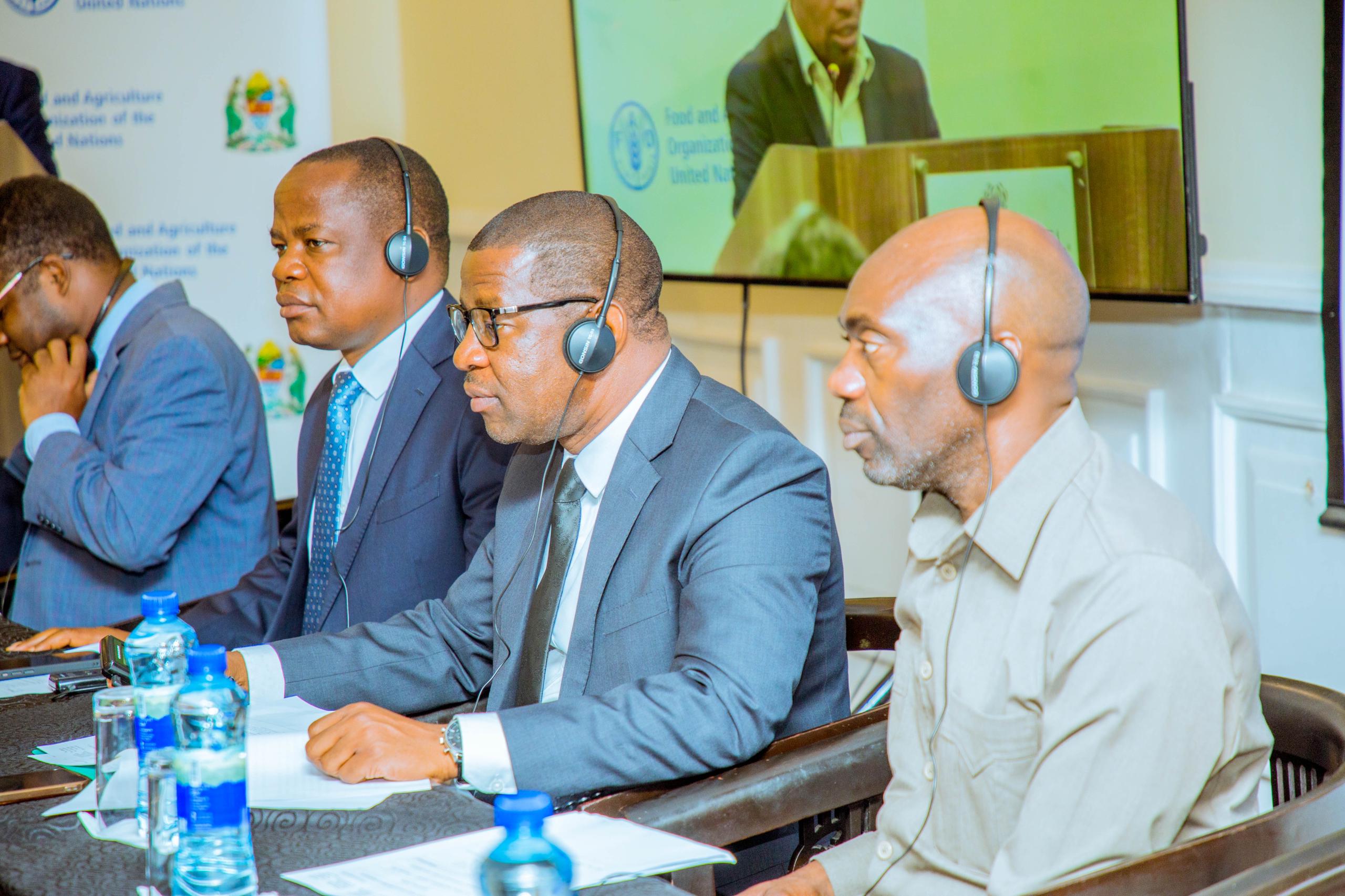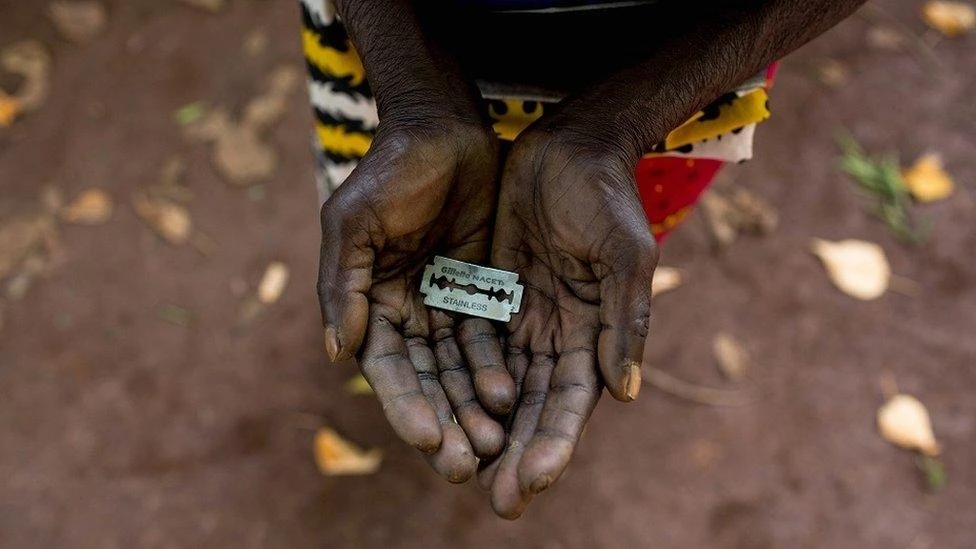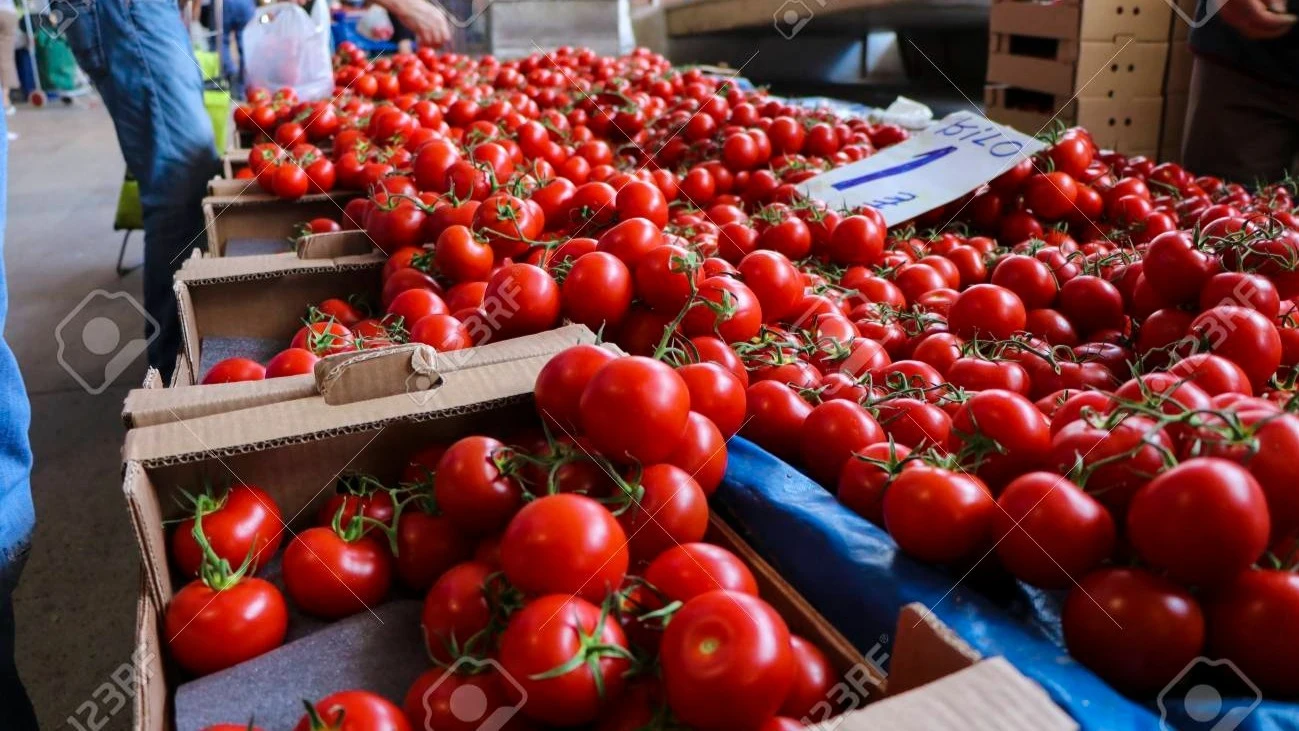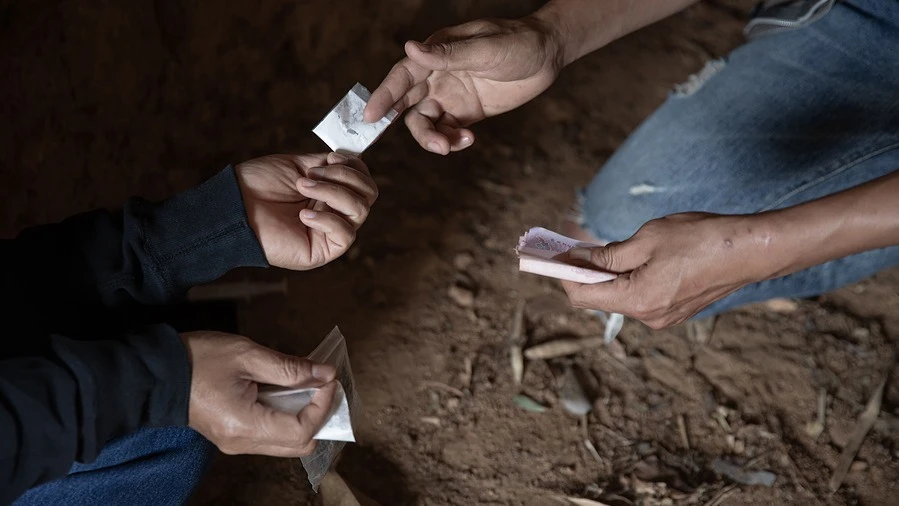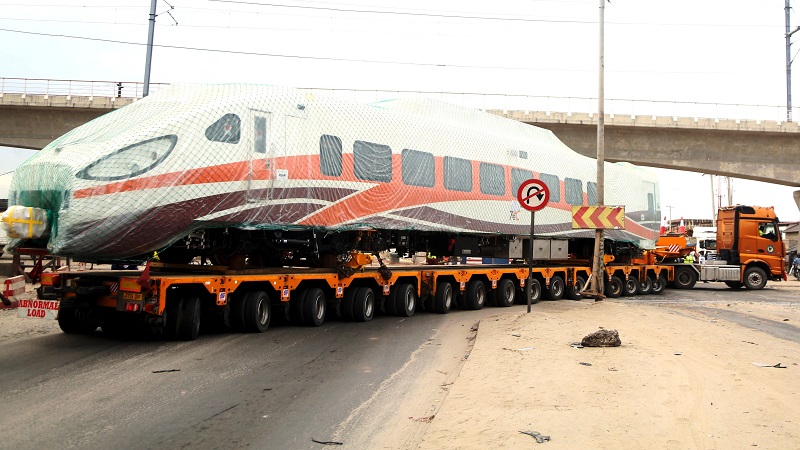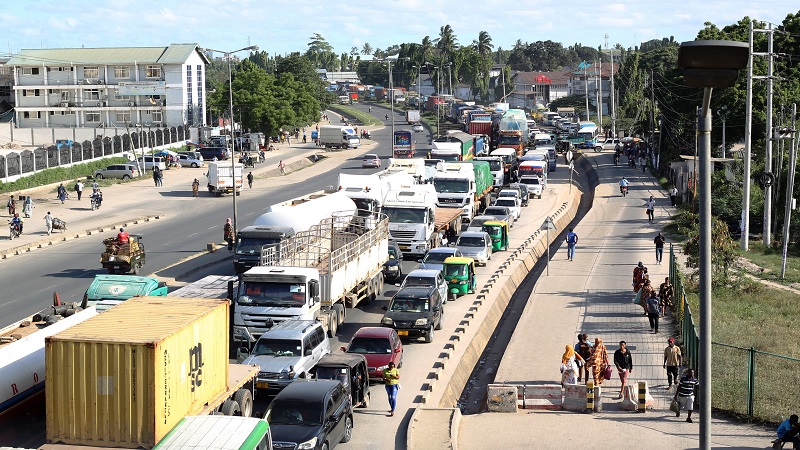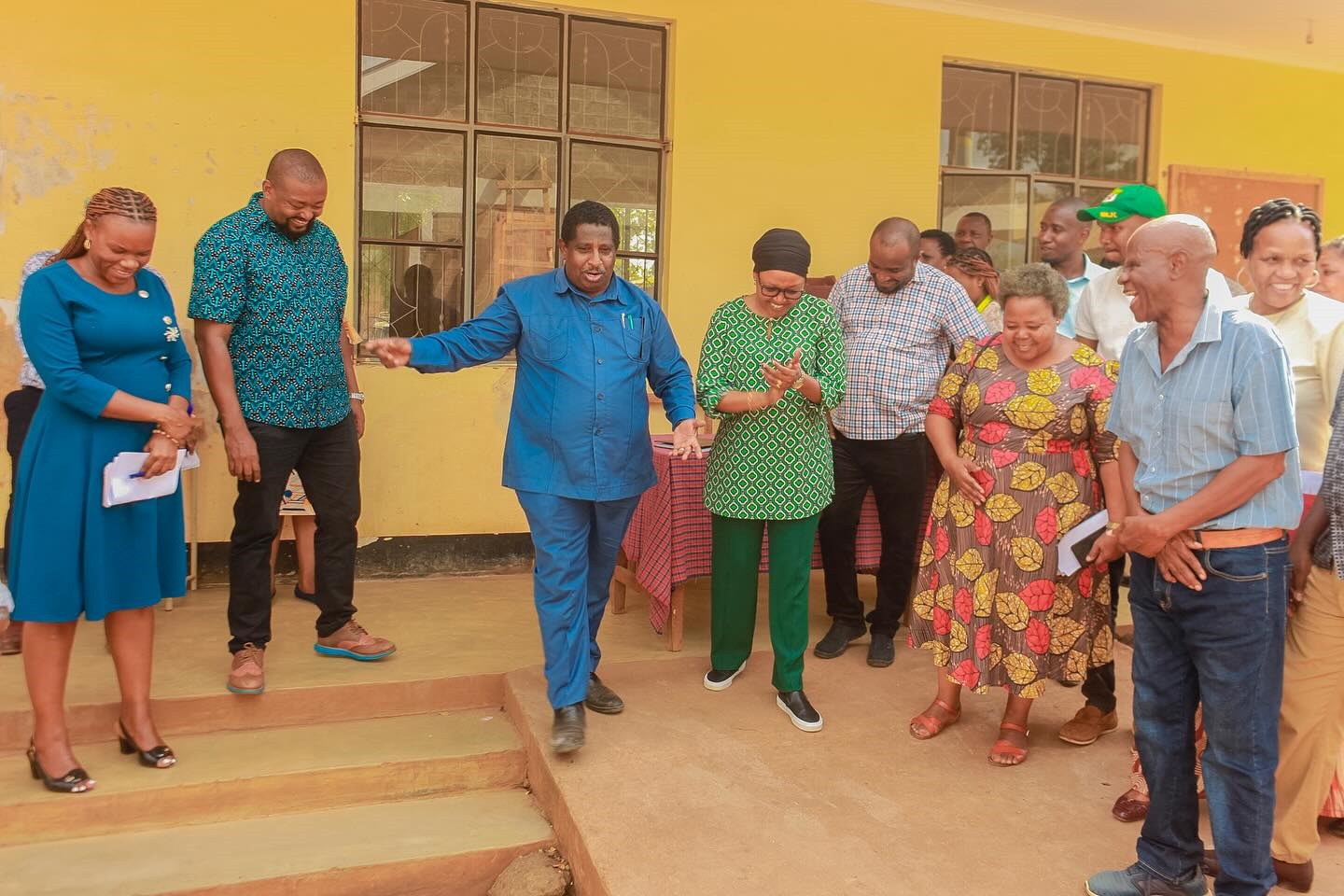SWIO stakeholders meet in Dar to address fisheries challenges
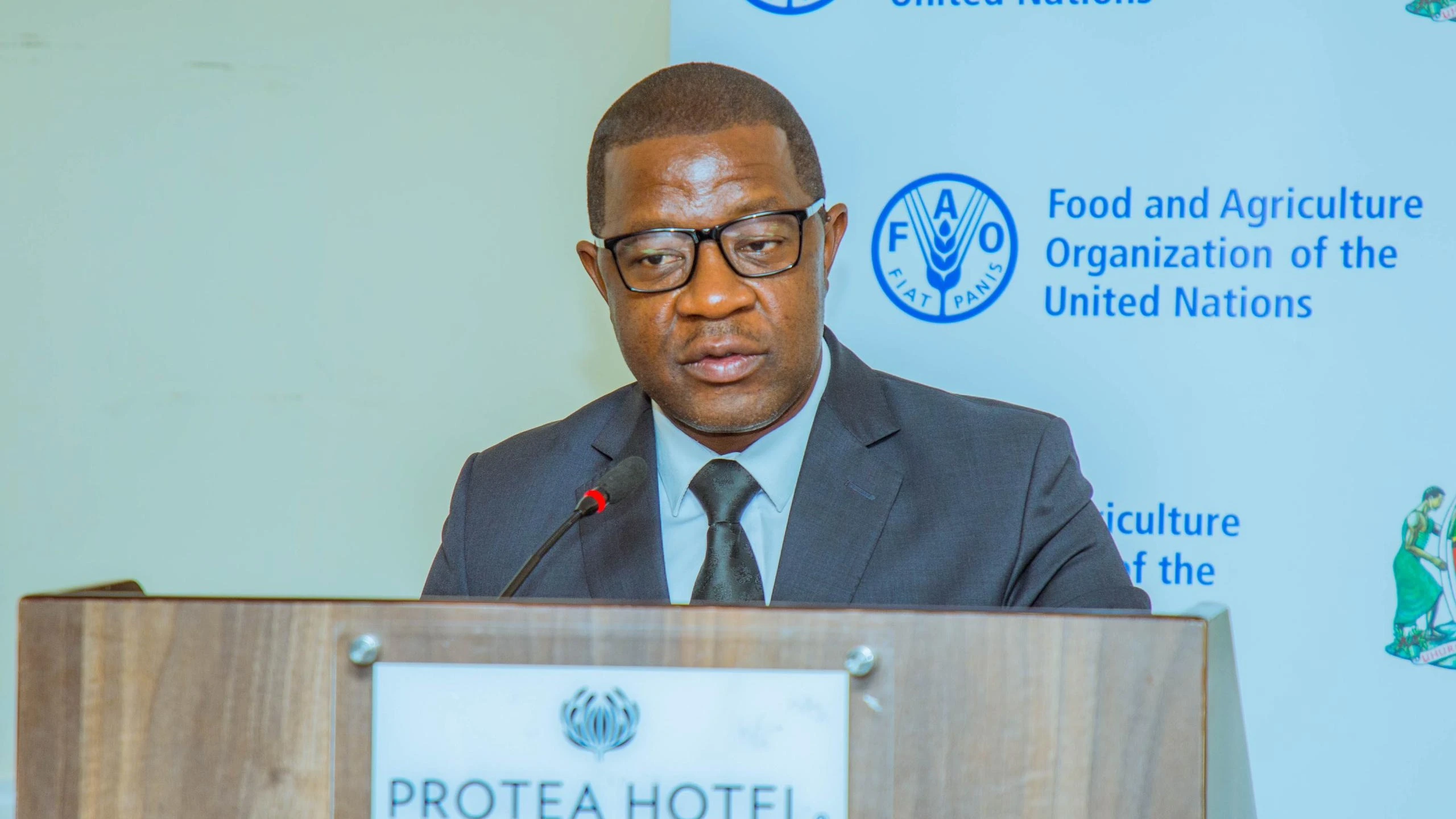
KEY stakeholders and decision-makers from the South-West Indian Ocean (SWIO) region have gathered in Dar es Salaam for a two-day extraordinary session aimed at addressing critical issues surrounding fisheries management in the bloc.
Under the South West Indian Ocean Fisheries Commission (SWIOFC) of the Food and Agriculture Organisation of the United Nations (FAO), the first steering committee meeting for transforming fisheries sector management in the South-West Indian Ocean Region was presided over.
In his opening remarks, Abadallah Ulega, Minister for Fisheries and Livestock, emphasised the importance of collaboration among the member countries to tackle issues collectively. He stated that the meeting is timely, as the SWIO region faces multiple challenges in fisheries management, including overfishing, illegal, unreported, and unregulated (IUU) fishing, climate change impacts on marine ecosystems, and inadequate management of shared fisheries resources.
“Fisheries are the lifeblood of many coastal communities in the South-West Indian Ocean region. It is therefore crucial that we work together to safeguard these resources for future generations,” Minister Ulega said.
He highlighted the need for integrated management approaches that balance conservation with the livelihoods of local communities. The minister further stated that Tanzania is fully committed to strengthening its national and regional efforts to combat illegal, unreported, and unregulated fishing and enhance the sustainability of its fisheries sector.
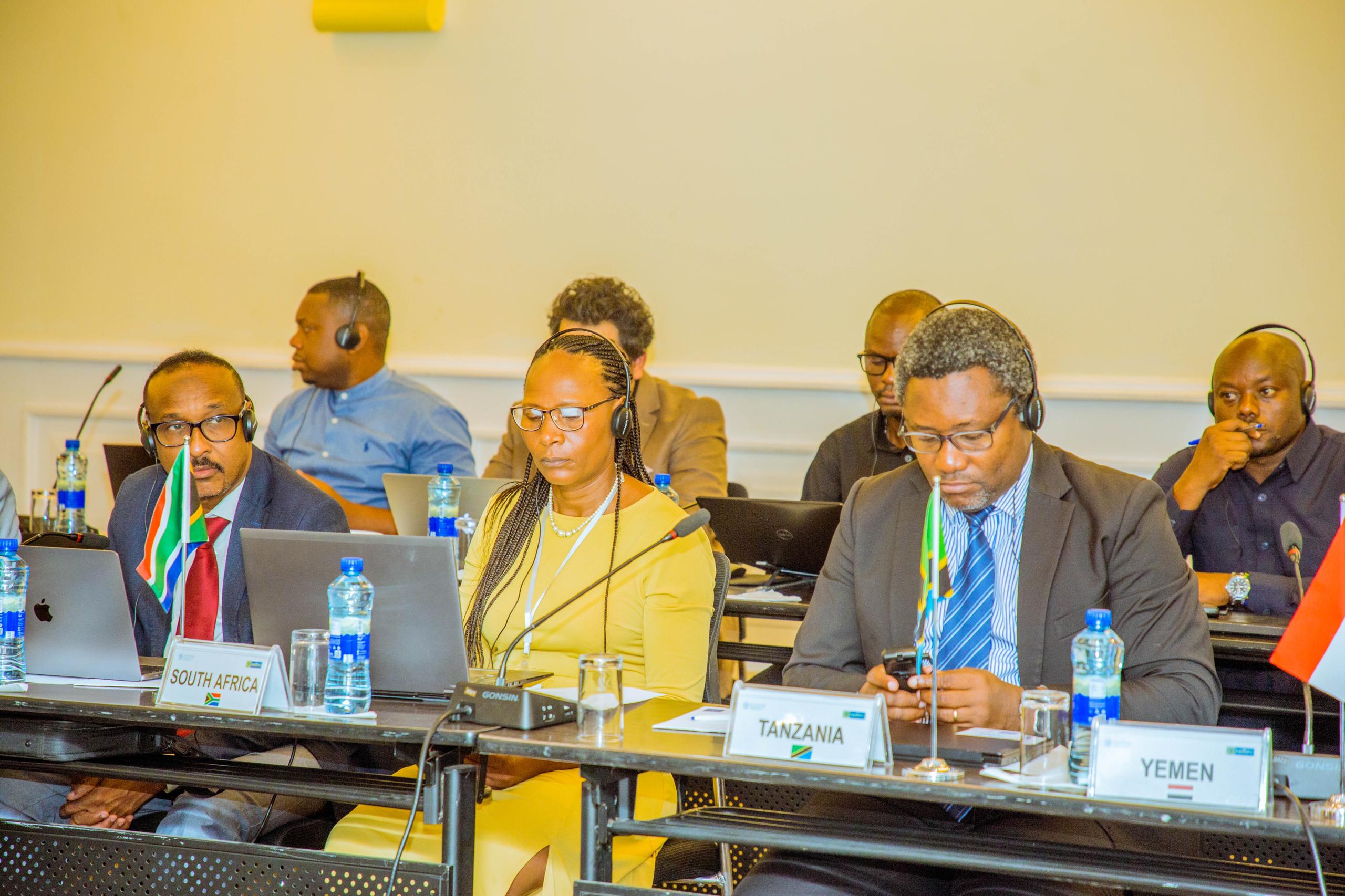
He welcomed the newly launched SWIOFish 5 project, which is part of a broader initiative to improve fisheries management in the region. The project aims to enhance the sustainable use of marine resources, protect marine biodiversity, and support the livelihoods of communities dependent on fisheries. He noted that the launch aligns with ongoing efforts to address challenges such as overfishing, climate change, and the pervasive problem of illegal, unreported, and unregulated (IUU) fishing.
Dismas Mbabazi, SWIOFC Secretary, stated that the session underscored the importance of strengthening regional cooperation among SWIO countries to enhance the management of shared marine resources. “The discussions over the two days will focus on the need for countries to align their national fisheries policies with regional and international standards on sustainable fisheries management,” he said.
He added that experts would present strategies for improving monitoring, control, and surveillance systems to prevent illegal fishing practices, which threaten fish stocks and undermine the livelihoods of local communities. The SWIOFish 5 project is expected to support the development of regional frameworks for tackling IUU fishing through improved data-sharing and joint enforcement efforts.
Dr Patrice Talla, FAO Sub-regional Coordinator for Southern Africa also highlighted that climate change has become a growing threat to the fisheries sector in the SWIO region.
He said the session was crucial to discuss how countries can adapt to the challenges by improving climate resilience within the fisheries sector and promoting sustainable practices that protect marine biodiversity.
He noted that accurate data on fish stocks and fisheries activities are essential for making informed management decisions. The session will also address how to improve fisheries data collection systems and support scientific research on fish stocks, which will help establish sustainable catch limits and monitor the health of marine ecosystems.
Top Headlines
© 2025 IPPMEDIA.COM. ALL RIGHTS RESERVED


